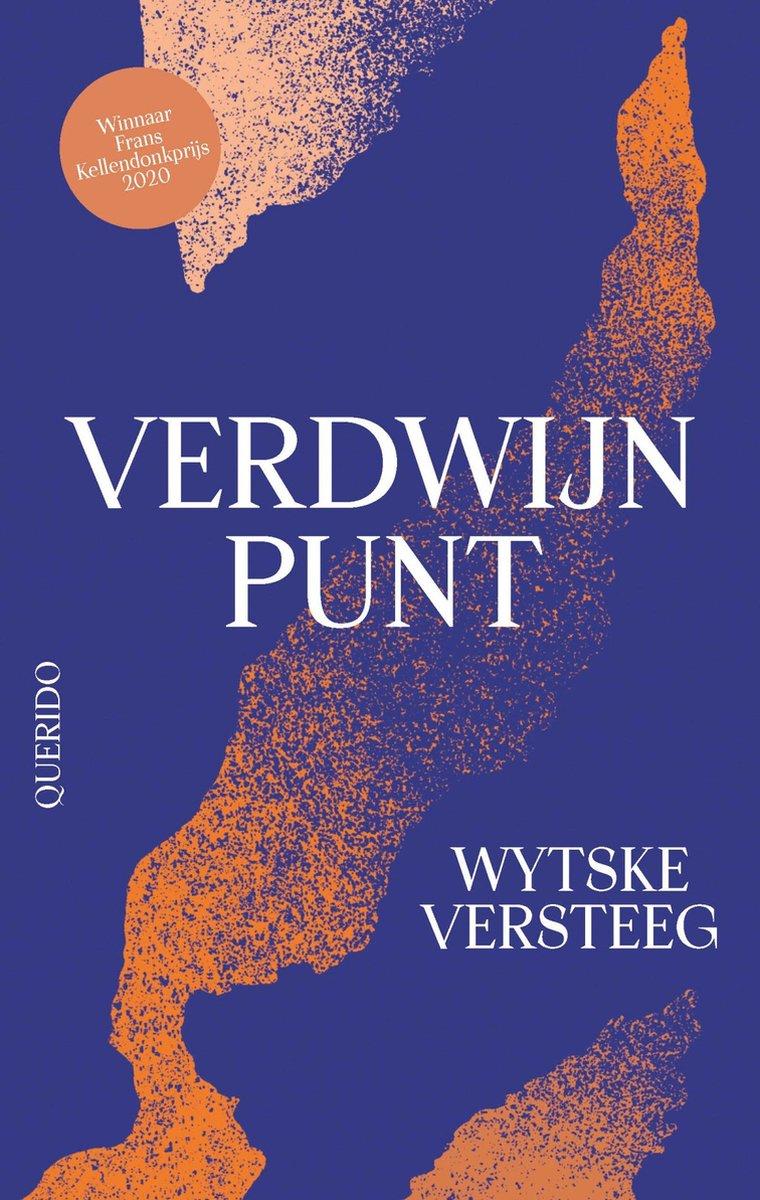Vanishing Point
‘As a writer, I go in search of uncomfortable stories, things that don’t want to be told.’ In this case, the story that defies telling is Versteeg’s own. More than just a story, it is a philosophical quest — how to live after violent acts have been committed against the body? How to find a language for this experience? In this naked, mesmerising account, Versteeg explores the many facets of pain and the challenges of recovery.

As a first-year student, Wytske Versteeg was sexually assaulted twice within a short period of time. These were neither her first nor her last encounters with sexual violence. Vanishing Point describes the aftermath of these experiences, which destroyed from a young age a trust in the world that is typically taken for granted.
It is the story of a fight not only against pain, shame and alienation, but against the limitations of language itself: ‘We all know what the vanishing point of language looks like: we know it from television. When something really terrible happens, the sound is taken away and we see the main character’s experiences in silence, and often jerky, slowed down as though there’s something wrong with time.’
Memories of sexual abuse are often unchronological and fragmentary, particularly when such abuse took place at a young age. This makes them perturbingly questionable, an ambiguity which often goes lost in the stories society tells itself about violence. Can we think beyond narrow categories of victimhood? Is it even possible to discern clearly where sexual violence begins? How can one tell an honest story about violence instead of a fairy-tale narrative? Versteeg charts how the notion of ‘trauma’ changed from a primarily bodily experience to a wound in the psyche that does not seem to heal, a sense of self harmed beyond repair. And yet, psychological trauma is deeply physical as well. How can you become somebody again after having been repeatedly treated as ‘any body’?
With these questions at its core, Vanishing Point is a book for all who have experienced the alienation pain can bring. In finding words for this darkness, and the realisation that there is no way of unknowing what you know, this book is an act of hope. If trauma alienates, it may also bring a more acute awareness of the transient and fragile beauty of the world. As the book concludes: ‘All this can disappear at any time. All this is here right now.’
The human condition is explored through the imagination in many different ways in her work. She uses this not so much for the one-dimensional believability of a story but in her ambition to convey to the reader the vulnerability and complexity of all human endeavour; the drama that lies within fallibility.
Jury of the 2020 Frans Kellendonk Prize
With her third novel, Wytske Versteeg proves to be one of the best authors of her generation in terms of composition, subtlety, power of expression and definitely style. Perhaps quite simply the best.
NRC Handelsblad (on Quarantine)
-eline-spek-rv.jpg&w=640&q=75)